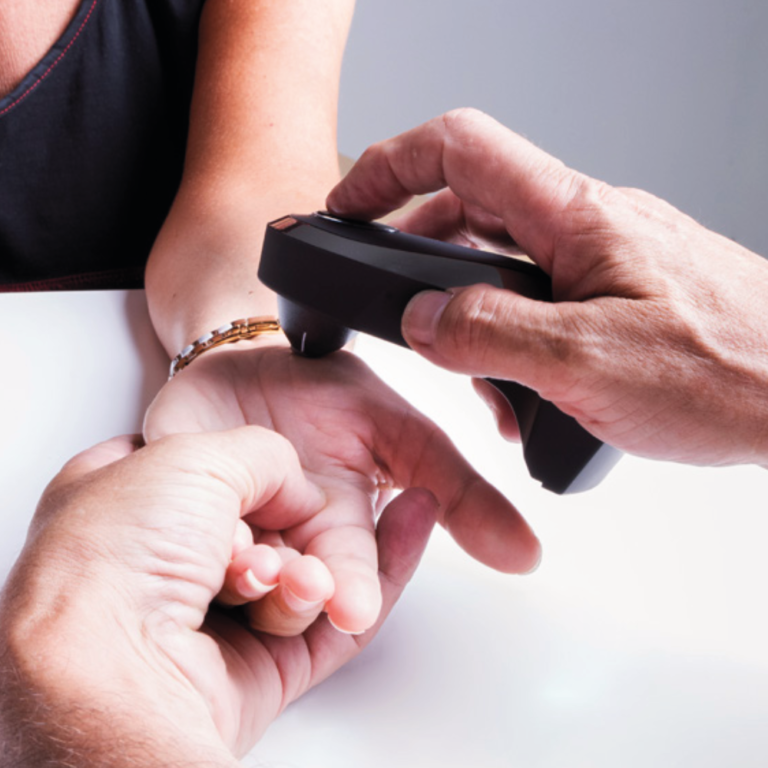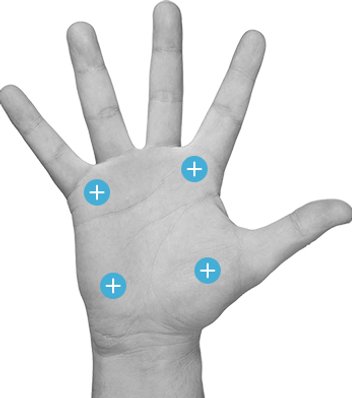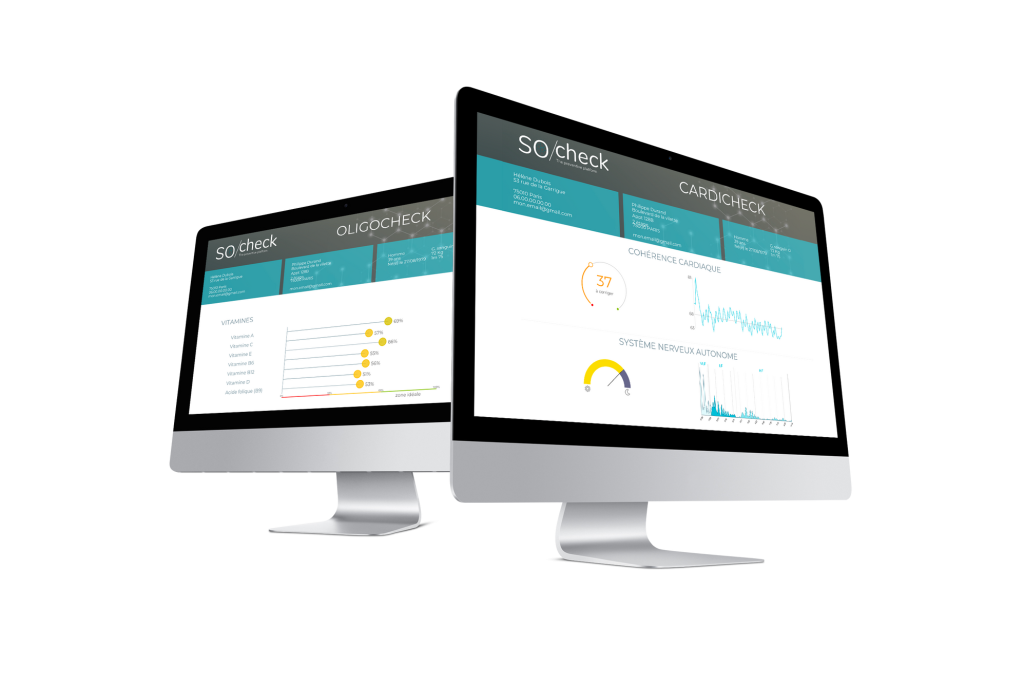Oligo Check - detection of trace elements and oxidative stress

Novelty of the Anti-Aging Institute – the first and only platform in the Baltics SoCheck (PhysioQuanta, France) with Oligo Check function, which allows to determine the potential level of vital trace elements in the body, the level of oxidative stress, the concentration of heavy metals and the correlation of these factors with human health in 15 minutes. The examination is based on photo spectrometry technology and does not require blood tests, prolonged preparation or electrode connection. The results are immediate, allowing for quick interpretation and recommendations.

Determining the levels of vitamins, minerals, heavy metals and oxidative stress is very important, as these factors affect not only the functioning of the whole body, but also the development of potential diseases. It is therefore important to determine these indicators as accurately as possible, to monitor the dynamics and to make adjustments if necessary.

The Oligo Check test provides information about the condition of the body over time. No blood, urine or hair analysis is required to obtain results - measurements are taken by placing the Oligo Check device on the patient's wrist and scanning specific areas of the skin. In terms of sensations, the process is absolutely imperceptible.
Oligo Check is a palm-sized device that measures the concentration of minerals, vitamins and metals in the body using photospectrometry. Photospectrometry is a quantitative analytical method for determining the absorption properties of a given medium in the light spectrum. In the medical field, photospectrometry is used to examine blood and tissues.
Thanks to Oligo Check transparent and comprehensive presentation of results, the specialist is able to provide the client with precise and individually tailored recommendations for restoring the body's microelement balance - the right combination of preparations, dosage and course duration. It is recommended that the Oligo Check test be repeated after three months in order to objectively evaluate the effectiveness of the prescribed course.
The results of the Oligo Check test are not the same as those of blood tests, as they take into account not only the levels of vitamins, minerals, heavy metals and oxidative stress in the blood but also in the tissues.
Oligo Check test procedure:
- the patient's physiological data is entered into the SO-Check system;
- the skin of the patient's wrist is scanned using spectrometry;
- the OligoScan application processes and analyzes the data obtained;
- exam data is sent and stored on a secure server;
- the obtained results are visible on the specialist's computer immediately after the examination

Test duration: 15 minutes. No special preparation is required before the test. Come with clean, dry, cream-free hands.
The Oligo Check test is performed fo
- Determination of vitamins and minerals in the body
Deficiency of various vitamins and minerals in the body can cause serious problems with well-being and health, as well as slow down the body's recovery processes, which also affects the visual signs of aging. Lack of vitamins and minerals affects neurological factors, the condition of bones and muscles, the functioning of the digestive system and internal organs, vision and other senses, as well as the condition of the skin, hair and nails.
It is recommended to determine the level of vitamins and minerals both for the purpose of improving general well-being and as part of the treatment plan (before procedures, surgeries, therapy), as well as when planning family growth, after pregnancy and at different ages to assess health.
- Detection of heavy metals in the body
Heavy metals are metals that are toxic in high doses (mercury, lead, arsenic, etc.). In microscopic quantities, these elements are found everywhere and do not affect the state of health - the body is able to get rid of them. If this body's ability is impaired, heavy metals can affect your health – this results in impaired reproductive health, cardiovascular and immune systems, decreased cognitive ability, increased risk of oncological diseases. Determining the concentration of heavy metals in the body can reveal the cause of various seemingly unexplained symptoms.
- Determination of oxidative stress
Oxidative stress is caused by free radicals - chemical compounds (intermediates of cellular metabolism) that occur when breathing, exercising, eating, sunbathing, living in an environment with air pollution, etc. Free radicals are controlled by antioxidants, which neutralize them. As long as there is a balance between these elements, the body is healthy and able to recover quickly. A condition in which the level of free radicals no longer meets normal limits is called oxidative stress. Oxidative stress affects the whole body - the immune system, connective tissue, cardiovascular system, eyes and skin. The most common negative effects of oxidative stress are accelerated aging, premature aging of the skin, atherosclerosis, skin cancer and tumors, Alzheimer's disease, Parkinson's disease, cataracts, immune system disorders, liver and kidney problems